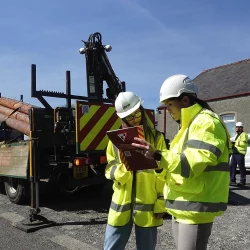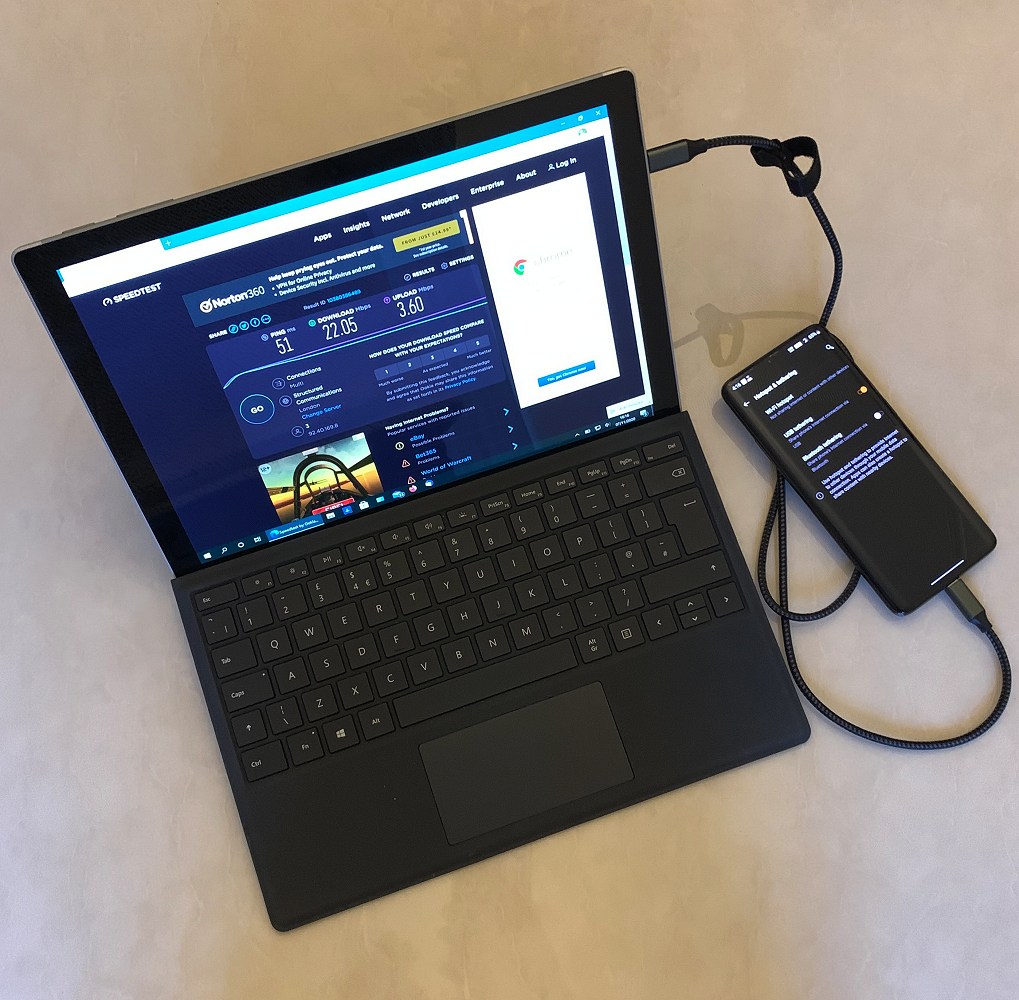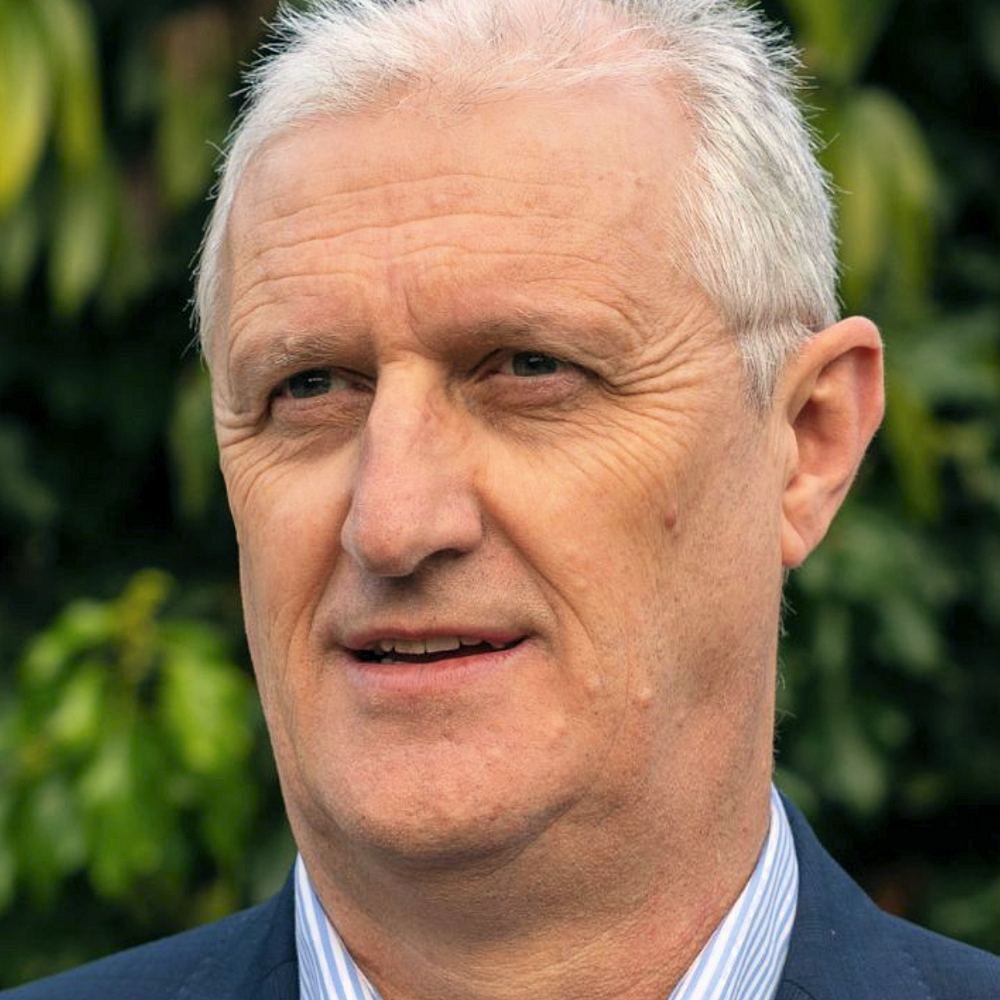Ofcom Looks to Improve Spectrum Sharing for 5G and Other Services

The UK telecoms regulator, Ofcom, has today begun fielding industry views on how it could improve Shared Spectrum Licences, which enable small businesses to create their own local wireless broadband and mobile networks across various radio spectrum bands (many of these could previously only be used by national operators).
The existing Shared Access Licence (SAL) framework was first established in 2019 (here) and, since then, more than 1600 licences have been issued across four bands (3.8-4.2GHz, 1781.7-1785MHz paired with 1876.7-1880MHz, 2390-2400MHz, and the lower 26GHz indoors) – 850 of those licences have been issued since 2020.
As a result, the UK has seen businesses and other organisations establishing all sorts of different networks in the shared spectrum, such as private 5G mobile networks for ports and factories, as well as new fixed wireless access to improve indoor coverage and similar deployments for some rural communities.
However, there are some areas where progress on enhancing SALs has been slow, such as in terms of adopting a Dynamic Spectrum Access (DSA) approach, supported by a fully automated central database of available bands.

The latest consultation seeks to examine what experiences users’ have had with the SAL framework, since it was introduced, and how they would like to see it evolve. On top of that, Ofcom has also published a new discussion paper, which considers the potential benefits of more flexible and ‘adaptive’ spectrum management solutions (e.g. DSA).
“We consider that more automation, and better availability of interference and spectrum usage data, can deliver significant gains in efficiency and user experience,” said Ofcom.
Key findings for the future
We have considered the need for more flexible spectrum management solutions in response to growing demand for spectrum, and in light of technological developments. We consider that:
• More automation and better data can deliver significant gains. Ofcom is already taking action to automate more of our licensing process and collect better usage data. This can lay a foundation for more advanced sharing, providing the means to quickly adjust user assignments where usage gaps are identified. More standardised usage data across vendor equipment could increase the opportunities these processes can support.
• Dynamic access may best meet user needs where enabled as a ‘top-up’ to more guaranteed capacity. Predictable spectrum access is important for users seeking to meet quality of service requirements. Consequently, dynamic sharing, where spectrum supply comes and goes, may be most beneficial where the user has access to other spectrum, so that access ‘adapts’ over time, and/or the dynamic sharing is associated with a level of ‘guarantee’ for the times and bandwidths available.
• The equipment ecosystem needs to support greater flexibility. While significant progress has been made developing the technical foundations for more dynamic sharing, further steps are required to increase the availability and reduce the costs (including upfront investment and operational costs) of more frequency agile and flexible equipment, which could bridge the gap from costly and bespoke solutions to something with broader application.
• A blueprint for more open interfaces between devices and spectrum management databases could open new opportunities. There may be benefits to enabling a more standardised form of access between an intelligent spectrum controller or database, and certain equipment. This would allow future spectrum management decisions to be informed by actual usage and flexed over time, without imposing bespoke band-by-band burdens on users and regulators.
• There is potential for such dynamic and ‘adaptive’ approaches to play a part in addressing future spectrum management challenges, including spectrum access for wireless broadband evolution to 6G, and supporting a range of users with growing spectrum demands. We will look to our Spectrum Sandbox programme as an opportunity to further explore this with industry and academia over the coming months.
The call for input is expected to run until 16th May 2023 and then a main consultation, which may contain several proposals to change the current approach, is likely to be launched during the second half of 2023 sometime.
Mark is a professional technology writer, IT consultant and computer engineer from Dorset (England), he also founded ISPreview in 1999 and enjoys analysing the latest telecoms and broadband developments. Find me on X (Twitter), Mastodon, Facebook and Linkedin.
« More Virgin Media UK 1Gig Broadband Users See 100Mbps Uploads
Latest UK ISP News
- FTTP (5684)
- BT (3556)
- Politics (2591)
- Openreach (2336)
- Business (2313)
- Building Digital UK (2269)
- FTTC (2059)
- Mobile Broadband (2028)
- Statistics (1822)
- 4G (1716)
- Virgin Media (1666)
- Ofcom Regulation (1488)
- Fibre Optic (1419)
- Wireless Internet (1414)
- FTTH (1383)






















































Comments are closed